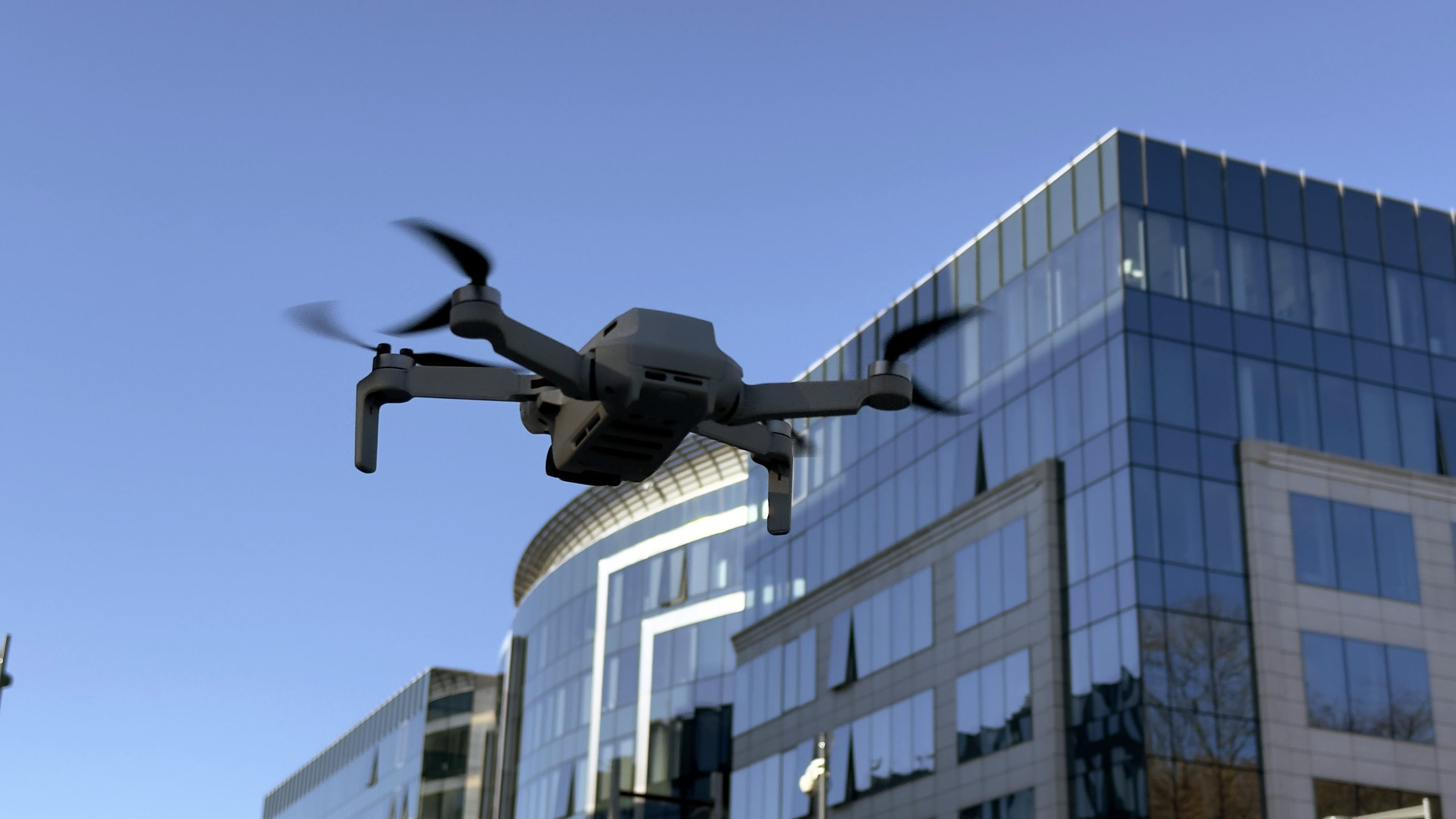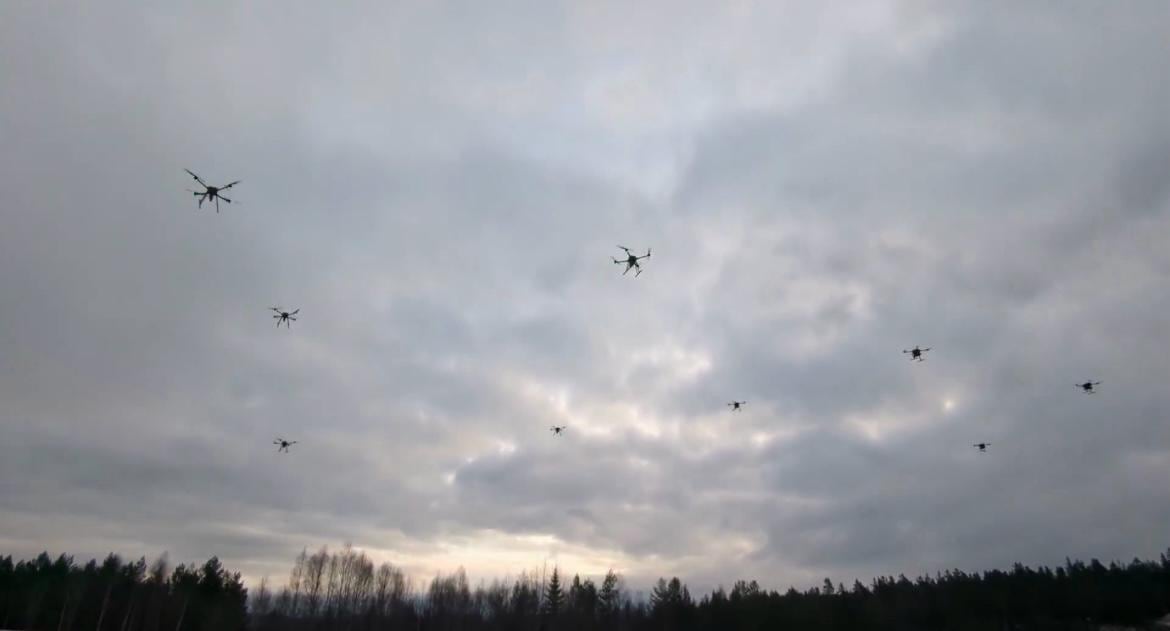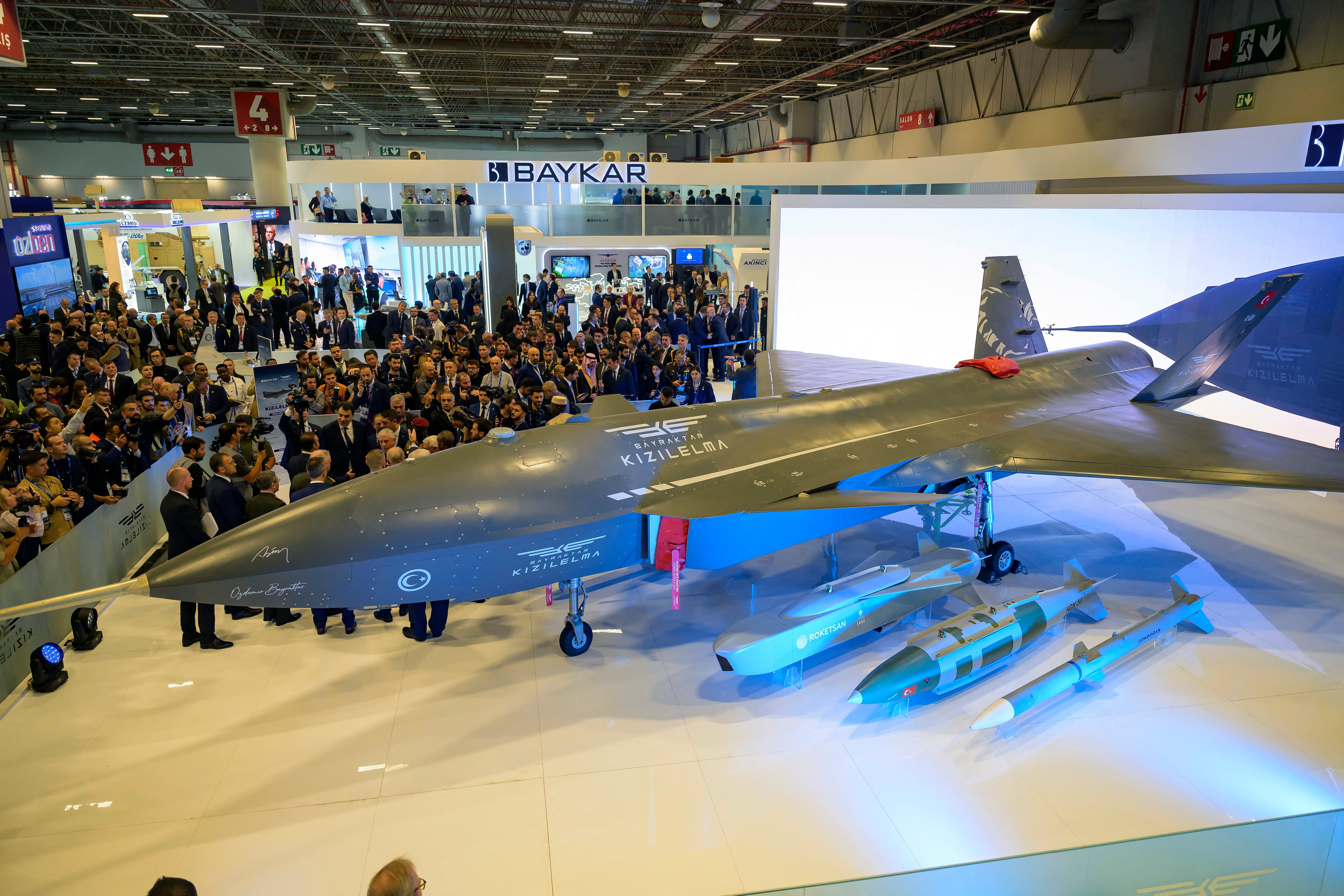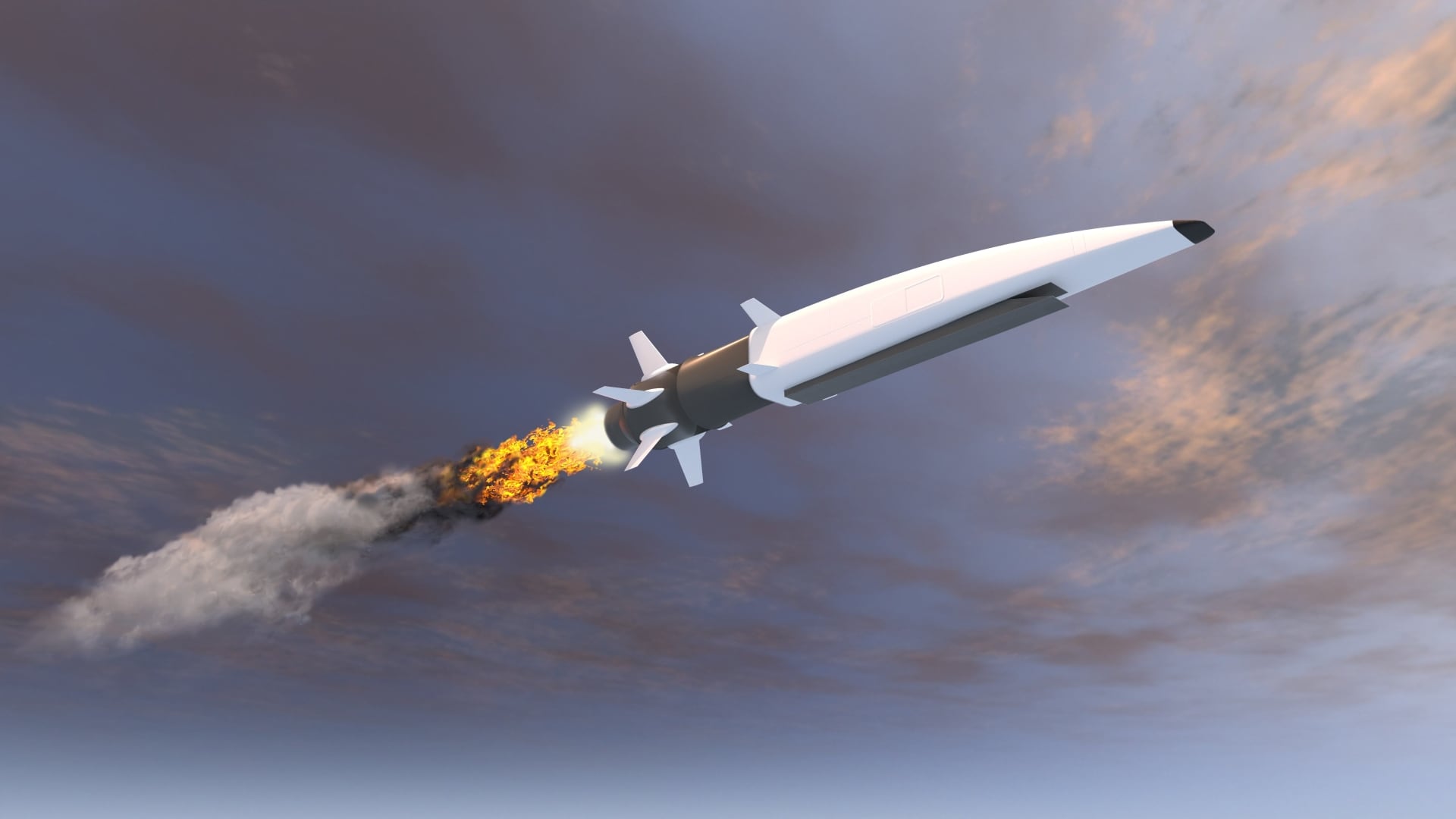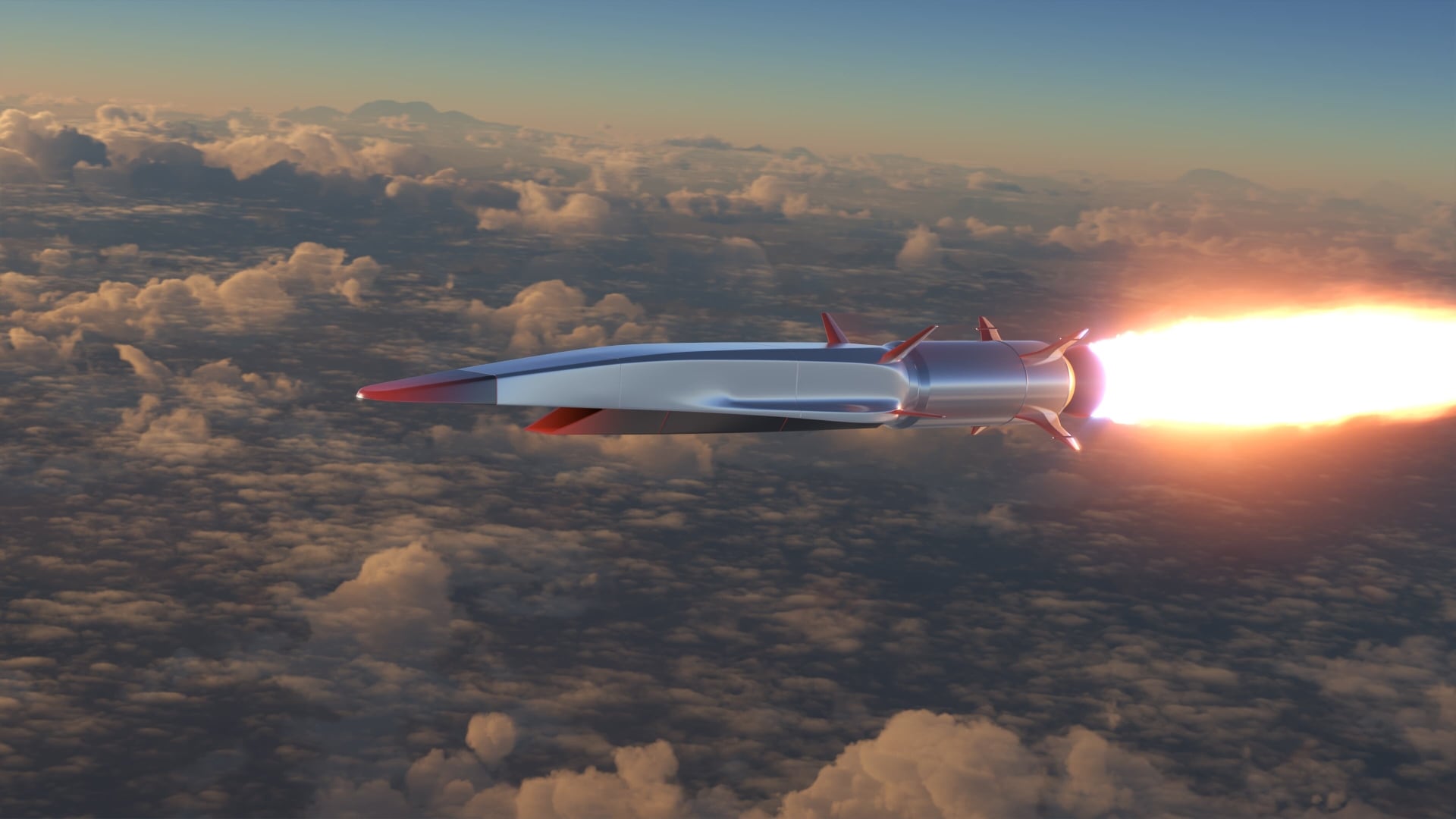What’s missing for the Air Force to be able to simultaneously execute operations in multiple domains of warfare simultaneously in support of a single primary objective? An overarching collaborative infrastructure for systems and sensors to talk to each other.
The Air Force is missing the overarching, collaborative infrastructure of systems and sensors that talk to each other and would allow the service to simultaneously execute operations in more than one domain of war, a service leader said Sept. 26.
Applications on modern smartphones can all talk and work together, said Brig. Gen. Chance Saltzman, the Air Force’s public face for multidomain command and control. This is necessary to be understood before the service can begin to do true multidomain operations.
RELATED
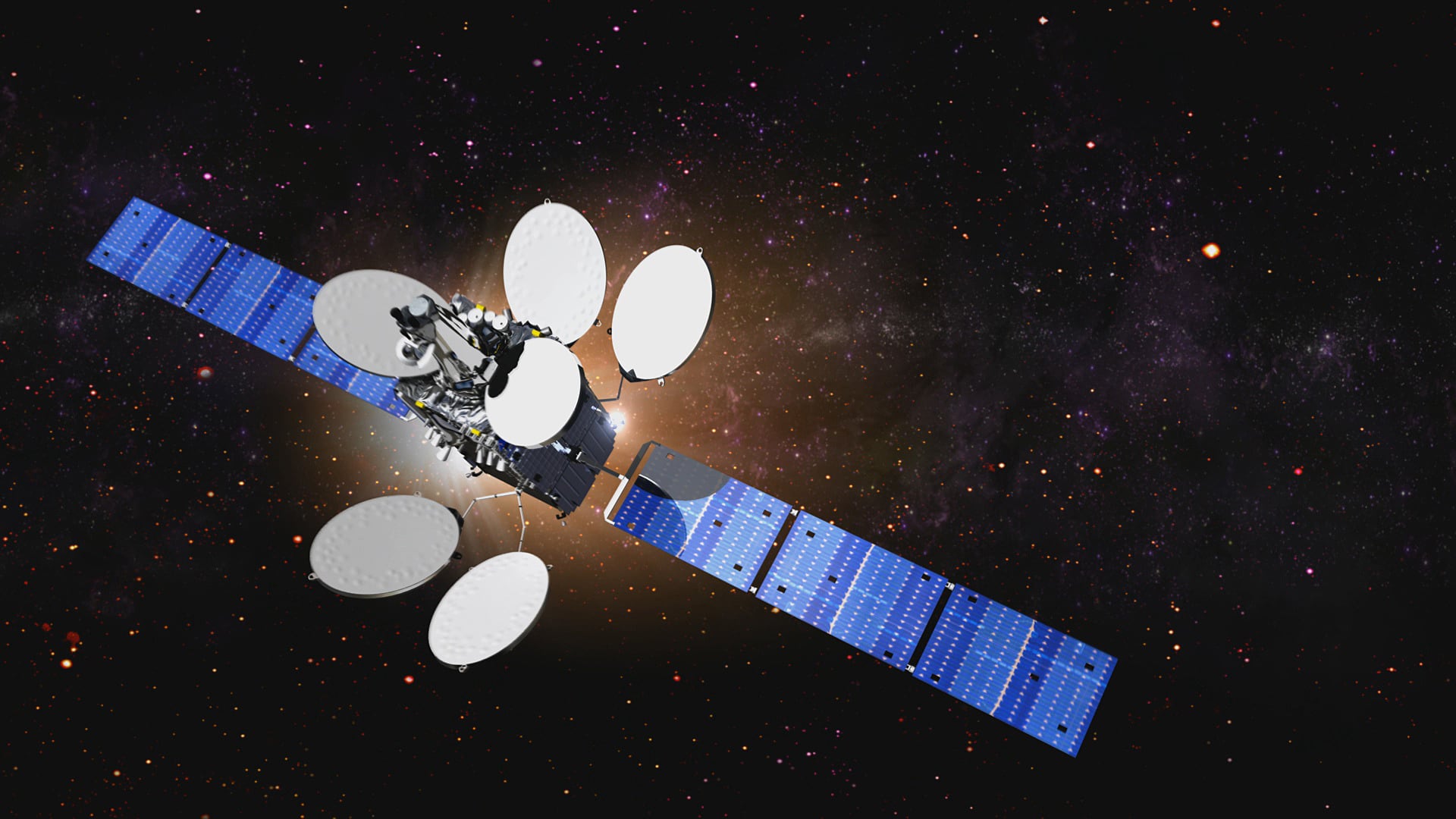
The first mobile phones, which were bulky and unattractive, could only make calls, he said during remarks at a breakfast hosted by the Mitchell Institute for Aerospace Studies Sept. 26. They could not connect to or talk to other devices such as printers or fax machines.
“We just need to buy whatever the military device equivalent is of smartphones,” he said, somewhat flippantly, pointing to systems like the F-35 that can act as a sensor, a shooter, a fighter jet and a command and control vehicle.
The problem, Saltzman said, is the military is not making great strides in this area. Capabilities have enhanced dramatically, he said, but the force has not been thinking about what infrastructure or architecture behind the platforms is required to take full advantage of them or to use them in the way a smartphone takes advantage of its surroundings.
To get there, the Air Force’s starting point should be defining standards and discussing principles to build open architectures where systems and sensors can collaborate, he said.
The infrastructure must enable data storing, data sharing, communications and similar capabilities.
“Once we get that infrastructure right, I’m convinced that the applications are going to be much faster in development and integration,” he added.
Mark Pomerleau is a reporter for C4ISRNET, covering information warfare and cyberspace.

